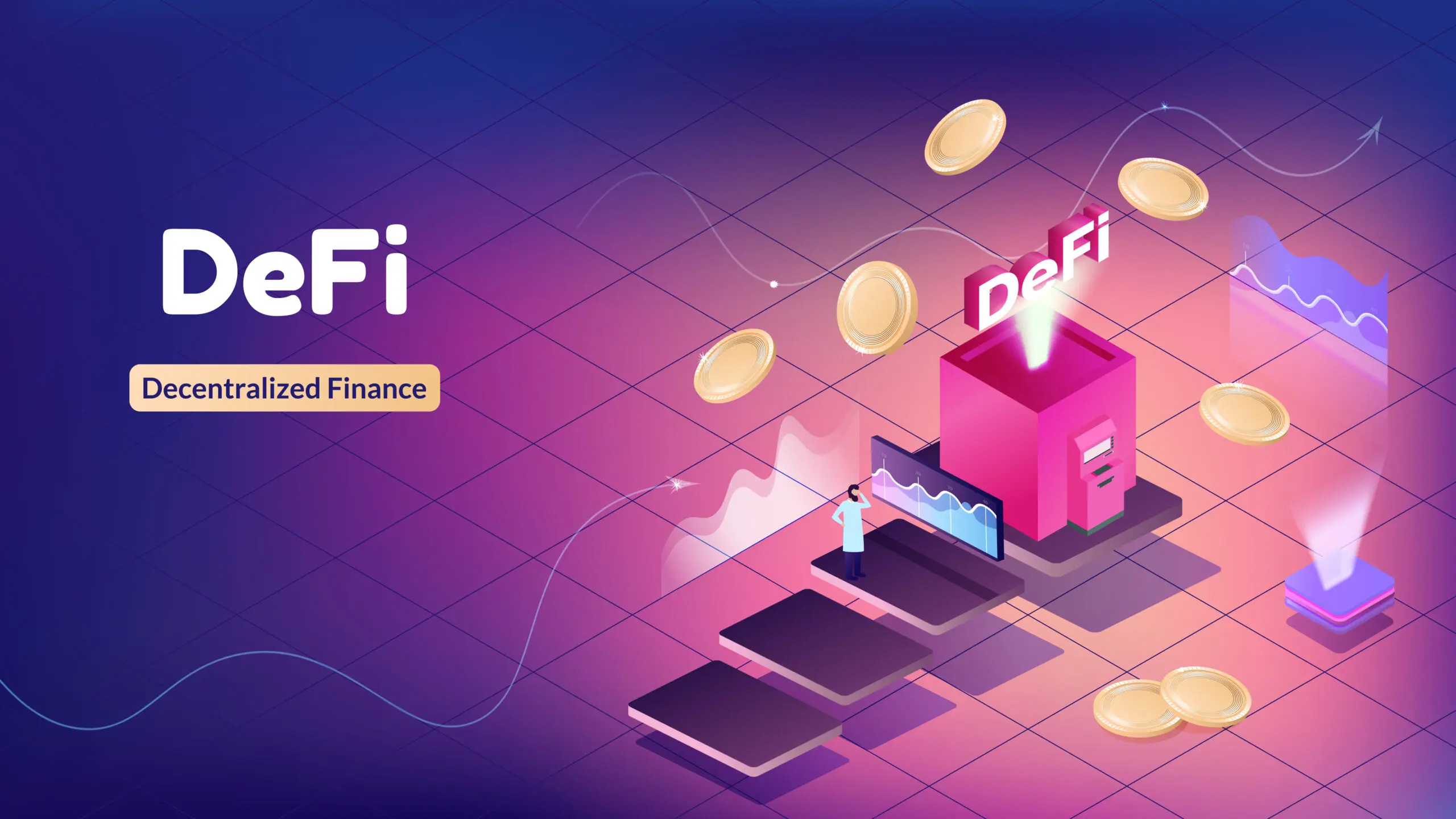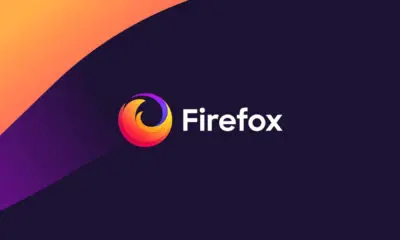Cryptocurrency
What is DeFi (Decentralized Finance) in 2023: Is it Worth Investing?

Decentralized finance (DeFi) is a term used to describe financial technologies that are based on encrypted distributed ledgers, like those used by cryptocurrencies. DeFi presents a threat to the current financial system by allowing individuals to engage in peer-to-peer digital transactions, bypassing the need for intermediaries such as banks or brokerages, which rely on regulatory frameworks set by institutions like the Federal Reserve and the Securities and Exchange Commission (SEC).
This new method of gaining access to banking services is exemplified by DeFi in the year 2023. By using DeFi platforms, people no longer have to pay the fees typically associated with using traditional financial services providers like banks. Using DeFi, customers have access to their money in a safe digital wallet, can make instantaneous international wire transfers, and can manage their finances from any location with an internet connection.
In the year 2023, how does DeFi function?
In 2023, DeFi is built on blockchain, a decentralized and secure ledger or database. DApps, short for “decentralized application,” aid in processing transactions and maintaining the blockchain network. Transactions are recorded in “blocks” of the blockchain, which can then be verified by other users. After the block has been validated, it is sealed and encrypted, and a new block is generated that contains data from the previous one.
The blockchain consists of a series of linked, or “chained,” blocks, each of which contains a hash of the data from the previous block. The data stored in the blockchain is secure and unalterable because any changes would affect subsequent blocks. There is no need for a third party in DeFi networks because the technology allows for interest rate negotiations and peer-to-peer lending.
Is It Appropriate To Put Money Into DeFi In 2023?
P2P (peer-to-peer) financial transactions will see new potential with DeFi in 2023. When two people make an agreement to trade cryptocurrency for services or goods without a third party involved, this is called a peer-to-peer (P2P) transaction. It is an algorithm that finds peers who are willing to borrow money under the lender’s terms and connects them with lenders who are willing to give them money. To make a payment, one simply uses a decentralized application, and the transaction is recorded in the blockchain in the same way that all other DeFi transactions are.
There are many benefits to using DeFi, including its availability, low fees, high-interest rates, security, transparency, and autonomy. A DeFi platform is accessible globally by anyone with an internet connection, and transactions can be completed from any location. By eliminating middlemen and centralizing the lending process, DeFi networks can increase profitability for borrowers and decrease costs for lenders alike. The public can view smart contracts and transaction records stored on a blockchain, but the user’s identity will remain hidden. Unlike traditional banking systems, DeFi platforms are not at the mercy of failing banks or other calamitous financial conditions.
However, it’s important to keep in mind that it is a largely unregulated sector, and as a result, its ecosystem is rife with accidents, hacks, and scams. The current legal framework is predicated on the idea of separate financial jurisdictions, each with its own rules and regulations. Questions of jurisdiction over cross-border, cross-protocol, and DeFi-app financial crimes arise in the context of a decentralized system, where it can be difficult to enforce rules and regulations. We also need to think about hardware failures, upgrades, maintenance, and energy usage to ensure a stable system.
Discrepancies and Conclusions
There are many advantages to using decentralized finance rather than conventional banking. With DeFi, people can gain access to banking services without going through a governing body or middleman, which can improve efficiency, reduce fees, and broaden the pool of potential customers.
It is anticipated that new decentralized applications and platforms will contribute to the expansion of the Defi ecosystem in 2023. This expansion will most likely lead to widespread acceptance of DeFi protocols and the incorporation of DeFi into a wider variety of monetary exchanges.
It has many advantages, but it’s important to remember that the industry is highly unregulated and vulnerable to threats like hacks and scams. Anyone considering investing in a DeFi project or platform should proceed with caution and do their homework first.
Finally, the growth of the DeFi ecosystem in 2023 is likely to offer new opportunities for individuals to access financial services in a decentralized and secure manner, proving that decentralized finance has the potential to revolutionize the financial industry. It could be a fascinating and fruitful investment opportunity in the years to come, but only if investors keep themselves well-informed and avoid reckless behavior.

-

 Tech2 years ago
Tech2 years ago10 Best Firefox Extensions for Content Creators!
-

 Remote Work2 years ago
Remote Work2 years agoBuilding a Successful Remote Team: Strategies and Best Practices
-

 Celebrities2 years ago
Celebrities2 years agoDexta Daps and His Wife: The Romance, Career Highlights, and Scandalous Allegations
-

 Business2 years ago
Business2 years agoBuilding Your Online Business: The Key Ingredients for a Profitable and Sustainable Business
-

 Data2 years ago
Data2 years agoData Science in 2023: The Top 10 Cheat Sheets Every Professional Should Have
-

 Insurance2 years ago
Insurance2 years agoCar Insurance: 5 Mistakes to Avoid When Purchasing or Renewing Your Policy
-

 Lifestyle2 years ago
Lifestyle2 years agoAliExpress: Unveiling the Pros and Cons
-

 Celebrities2 years ago
Celebrities2 years agoAndrew Tate: The Rise, Fall, and Impact of a Controversial Internet Sensation
















Pingback: Andrew Tate: The Rise, Fall, and Impact of a Controversial Internet Sensation - Scoop Stalk